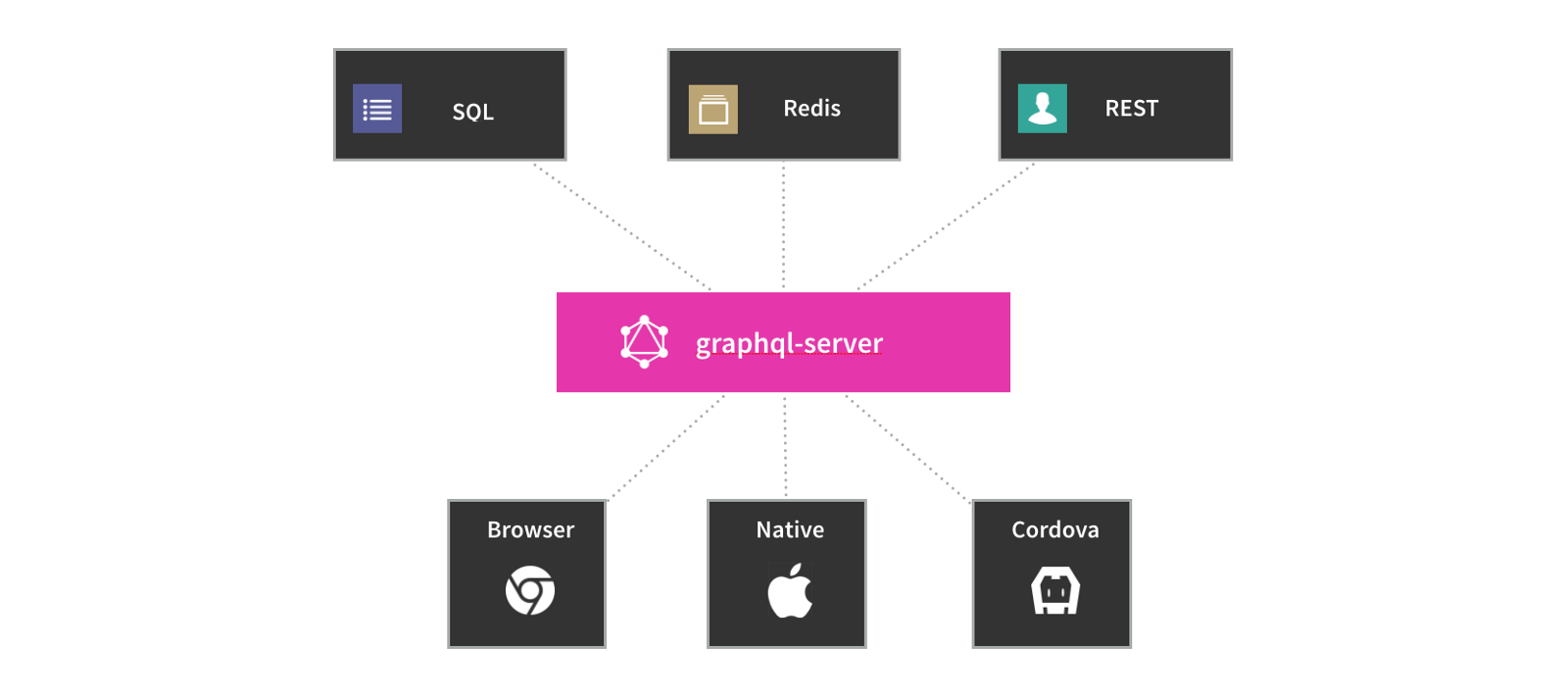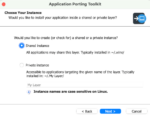
A new GraphQL server is now available for all Node.js frameworks. Apollo Server is a open-source GraphQL server that is community-maintained and works across: Express, Connect, Hapi, Joa, AWS Lambda, Restify and Micro.
The Apollo team announced version 1.0 of the server this week. It is built for the community, for simplicity and for performance.
In addition, the Apollo team announced it was making its Optics solution free to most apps. Apollo Optics provides the ability to visualize, monitor and track GraphQL APIs. Developers can use Optics free up to 1 million requests per month. “Our intention is to make Optics a community-driven tool that’s accessible to everyone, with any server or client and across all stages of development, and making it free under a million requests per month helps make that possible. It’s all part of Apollo’s mission: to remove any and all obstacles to industry-wide GraphQL adoption,” the team wrote in a post.
GitHub donates to the Internet Bug Bounty
As an effort to keep the Internet and open source software safe and secure, GitHub has announced a new donation to the Internet Bug Bounty (IBB). The organization is donating $100,000 to help reduce and catch vulnerabilities.
“The IBB is responsible for awarding over $616,350 for more than 625 valid vulnerabilities in some of the most important software the internet community uses including RubyGems, Ruby, Phabricator, PHP, Python, and OpenSSL—$150,000 was awarded for over 250 vulnerabilities in last year alone. So far, $45,000 of hackers’ bounties have been donated to organizations like the Electronic Frontier Foundation, Hackers for Charity, and Freedom of the Press Foundation,” Shawn Davenport, an engineer for GitHub, wrote in a post.
The bounty program will use its donations to provide a new Data Processing Program, and expand the coverage of technologies.
Rust 1.19 released
A new version of the Rust programming language designed for safety, speed and concurrency has been announced. Rust 1.19 features long-awaited features such as support for unions, library stabilizations, Cargo features, and the ability to add environment variables with build scripts.
In addition, the release focuses on Windows uses with the ability to find Visual Studio 2017 without having to use a workaround.
Full details are available here.
Google Cloud Platform gets new congestion control algorithm
In an effort to speed up the Internet, the Google Cloud Platform team announced it now features TCP BBR. TCP BBR is a new congestion control algorithm for higher bandwidths and lower latencies for Internet traffic, according to the team.
“This is the same BBR that powers TCP traffic from google.com and that improved YouTube network throughput by 4 percent on average globally — and by more than 14 percent in some countries,” according to a blog post.






